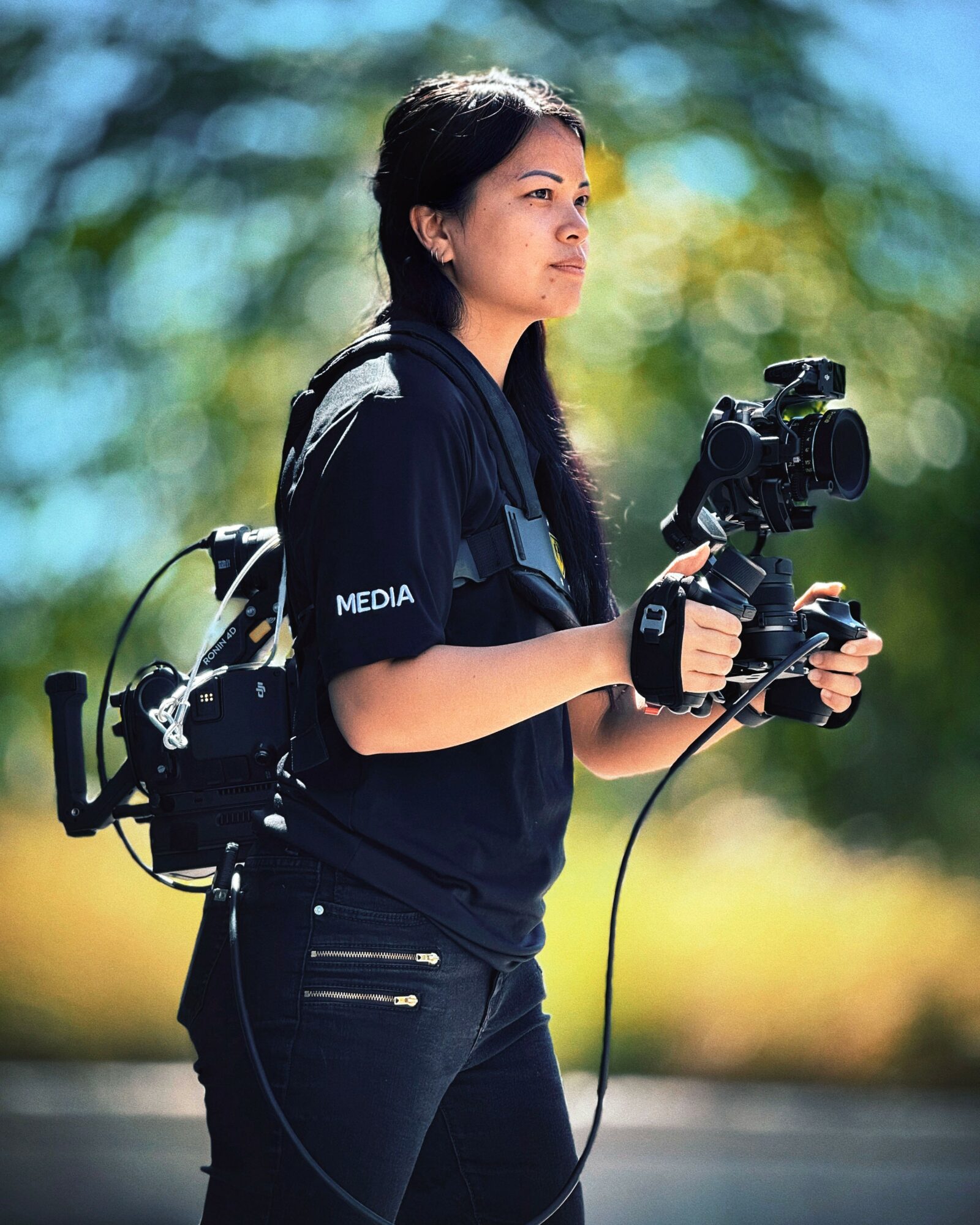

Elizabeth Gottshall shared their story and experiences with us recently and you can find our conversation below.
Hi Elizabeth, thank you so much for taking time out of your busy day to share your story, experiences and insights with our readers. Let’s jump right in with an interesting one: What is something outside of work that is bringing you joy lately?
Outside of work, I have been able to maintain my creative energy through my studio art practice. I have always done drawing, painting, and photography, but more recently, I’ve begun pressing flowers and creating pieces of art in frames, on paper, and as bookmarks. It has been fun experimenting with the flowers I either pick on my walks, buy from the store, or flowers I’ve been given. I used to press the flowers in books with parchment paper but was recently gifted a real flower press, which has been a game changer.
Once the flowers are ready, I set them aside and then start placing them on my paper or frame. It’s very relaxing and it’s almost like working on a puzzle to figure out how the flowers will fit together in a design. Once my design is finished, I laminate the paper or put them in a frame and hold onto pieces or gift them to friends. It has helped me work on my use of composition, color, graphic design as well as bring me joy. I also want to bring some joy to my friends and family as well with my pieces.
Can you briefly introduce yourself and share what makes you or your brand unique?
My name is Elizabeth Gottshall, but mostly everyone calls me Liz, and I am a camera woman here in Atlanta, GA (although I enjoy traveling for work, too). I have worked as a 1st and 2nd AC (camera assistant), camera operator, and digital utility on union and nonunion work such as narrative films and television shows, documentaries, music videos, corporate and commercial videos, and live events. I originally started as a photographer and writer, but found a love for film as it was a way to combine images and narrative storytelling.
Recently, I have restarted my journey into the world of cinematography and begun working as a DP for short films. I completed a project in January called Blood and Water, a film about a Chinese adoptee wanting to learn more about her past after meeting a girl from China at her school. It was a great experience to work with the director and on a project so close to my own experience. I enjoyed the work so much that I decided to work on another project with a close friend of mine. The Blob is set to film this October and it is about a woman who discovers a blob growing on her and the internal obstacles that she has to face. It’ll be very different from Blood and Water, a coming of age drama, which excites me to try some new techniques to tell a story in a different way.
Amazing, so let’s take a moment to go back in time. What was your earliest memory of feeling powerful?
One of the earliest memories I have of feeling powerful is when I began to create my own art work in high school. I don’t think there was a specific piece that made me feel powerful, but it was my first art class with a specific teacher I had who is a wonderful woman who nurtured creativity and curiosity. Making these pieces wasn’t just an assignment and it didn’t feel like busy work. I was in full control of work that I wanted to create with guidance from my teacher.
I had to focus on independent thinking and how to cohesively bring my thoughts and emotions to life. I could experiment with different mediums, figure out what worked and what didn’t, and learned about drawing inspiration from other artists. It was empowering that I could create these art pieces based on my own concepts and share them with others. There’s a thrill that comes with interacting with my audience and hearing how they interpret or relate to my pieces. It was also incredibly important for me to be able to handle critiques of my art and learn how to defend my choices in front of others. It is rewarding to be able to create art so openly and to share and connect with people.
Was there ever a time you almost gave up?
There was a time when I almost gave up right at the beginning of my career. It was one of my first full time union jobs and it was a very stressful learning curve especially because it was a big show where a lot of eyes were on me. I was still pretty new to Atlanta and didn’t know many people or any places to go. I was always either at home or at work. Being confused with work that comes with a great deal of stress in a relatively new city without friends and a general support system is very difficult. I didn’t realize that not having that community would affect me so much. Not knowing whether it would get better or not weighed on me and I wondered if being in film was the career for me. I was worried that I’d made a huge mistake.
However, after the show was finished with production, I took a deep breath and thought about what I learned, who I could talk to, and what I could do in the future. I was reassured that I did a good job despite how difficult of a show it was. I made a couple of really great friends from the show and still talk to them today, which helped me begin to build not just my network but my friend group. Shortly afterwards, I took part in working for the Sundance Institute at their annual Directors Lab and was able to work on indie film projects being workshopped with a group of amazing individuals. It helped renew my drive to work in film and help other filmmakers bring their projects to life. I eventually began to get more work and realized how much I had grown because of that first extremely difficult job. With each job, I built my confidence, made an effort to get to know my coworkers and friends, and focused on figuring out that work life balance.
Things are tough now with the lack of work and giving up seems like the easy thing to do, but I’m determined to keep carving a place for myself in the film industry. I was able to build a stronger community because of the strikes, which I am very thankful for. I worked on honing my skills and learning new gear through workshops, preps, and short films. I’m trying to find the bright side of things and maintain my creative energy. I may have to pivot with my full time job to be able to pay the bills, but I can’t find myself giving up film any time soon.
Alright, so if you are open to it, let’s explore some philosophical questions that touch on your values and worldview. What are the biggest lies your industry tells itself?
The biggest lie the film industry tells you is that there’s not a place for you, especially if you’re a woman or part of another marginalized community. It used to be more exclusive for white men and there was a lot of gatekeeping, despite film being dominated by women in early years. Alice Guy-Blaché, Dorothy Arzner, Maria P. Williams, and so many more women were the first storytellers when it came to film. They wrote scripts, directed films, first experimented with color and sound, and even invented the first boom mic. Once men realized they could make a profit with film, they pushed out the women and the film industry became what we know it as today. The role of women in early film is not spoken about as much today and is yet another example of men burying women’s roles in history.
The film industry has changed a lot over the last few decades. It is still heavily male dominated, but women and people who belong to the BIPOC and LGBTQ+ communities have been asserting their place. We have always been here and through every obstacle, we will continue to show that we are here and that our stories are important. There will be people who will not hire you or tell you your project isn’t profitable and those are not the right people to bring your project to. There is a place for you and there are producers, organizations, and crew that want to increase diversity in the stories that are shown in theaters and on televisions. You are the only one who can share your unique perspective, but there will always be people who can relate to or connect with your story and life experiences one way or another. There is a place for you in film no matter what anyone says.
Okay, so before we go, let’s tackle one more area. What will you regret not doing?
I don’t think there’s anything right now that I regret not doing. I feel like I’m taking life by the horns and giving it my all. I think everything has happened the way it was supposed to happen for me. It’s tough right now to see it because of how the work landscape is, but I’m happy with where I am, the projects I’ve worked on, and with the people I’ve met along the way. Some people have asked if I wish I’d gone to film school, which I sometimes wonder how different my career might have been if I’d gotten that degree and made those connections earlier. However, I enjoyed my life before becoming a freelancer and having experiences outside of the industry. I think that having those experiences and connections to people outside of the industry have made me more well-rounded and given me inspiration for my own stories I’d like to tell one day. I wouldn’t give up my past experiences for a different present.
Today, I’m continuing to hone my skills as a camera operator and director of photography. I know it’ll be a long route to get to where I want to be as an operator and cinematographer, so I’m really focusing on enjoying this time to experiment, make mistakes, and collaborate with friends. I want to continue to have life experiences that inspire the stories I want to tell and I’d like to eventually write and direct my own projects. I know it won’t always be like this, so I want to embrace the good times and look at the bright side of things.
Contact Info:
- Website: https://elizabethgottshall.wixsite.com/portfolio/
- Instagram: https://www.instagram.com/lizgott22
- Linkedin: https://www.linkedin.com/in/elizabeth-gottshall-531233ba/
- Other: https://linktr.ee/elizabethgottshall
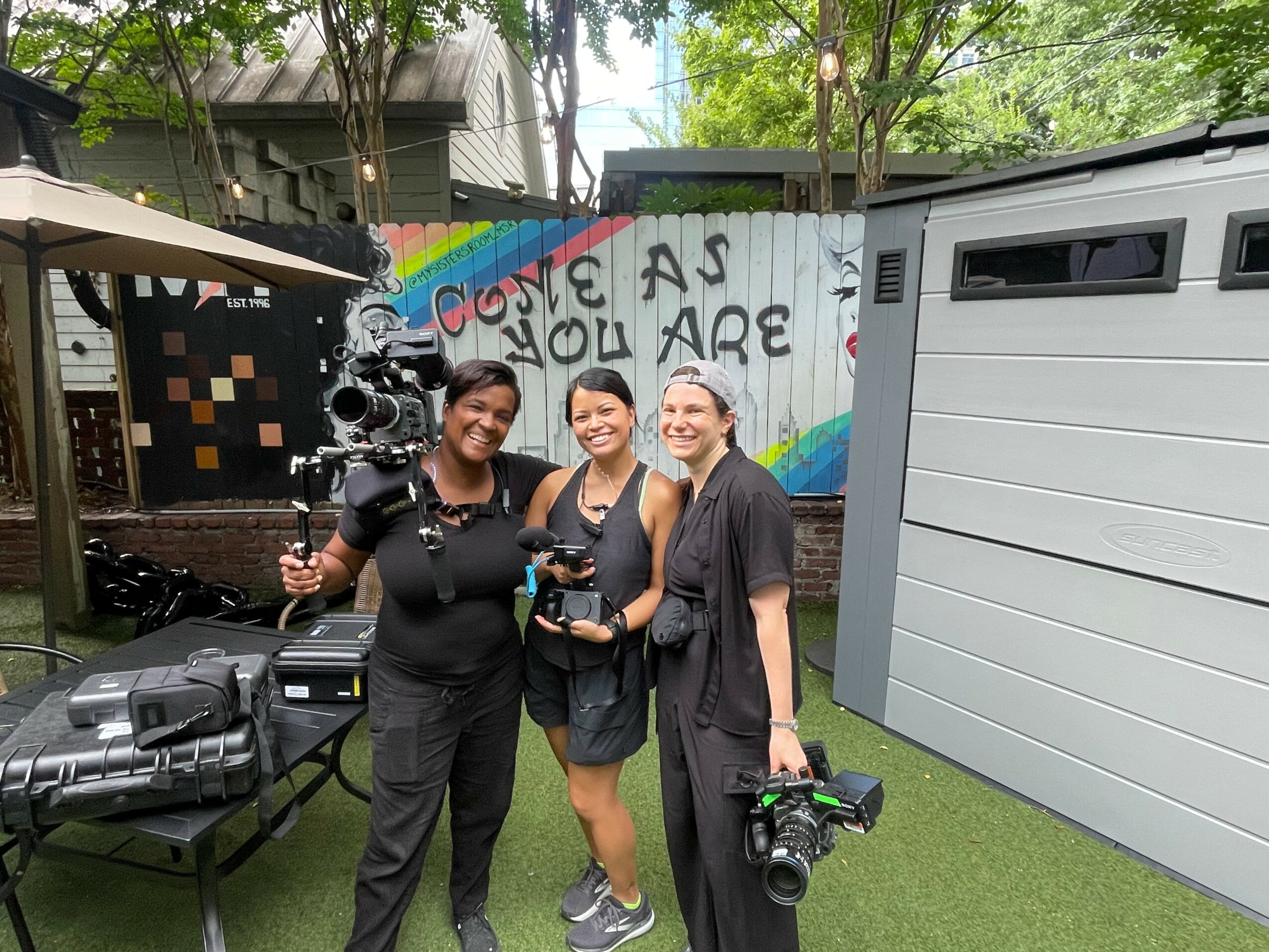
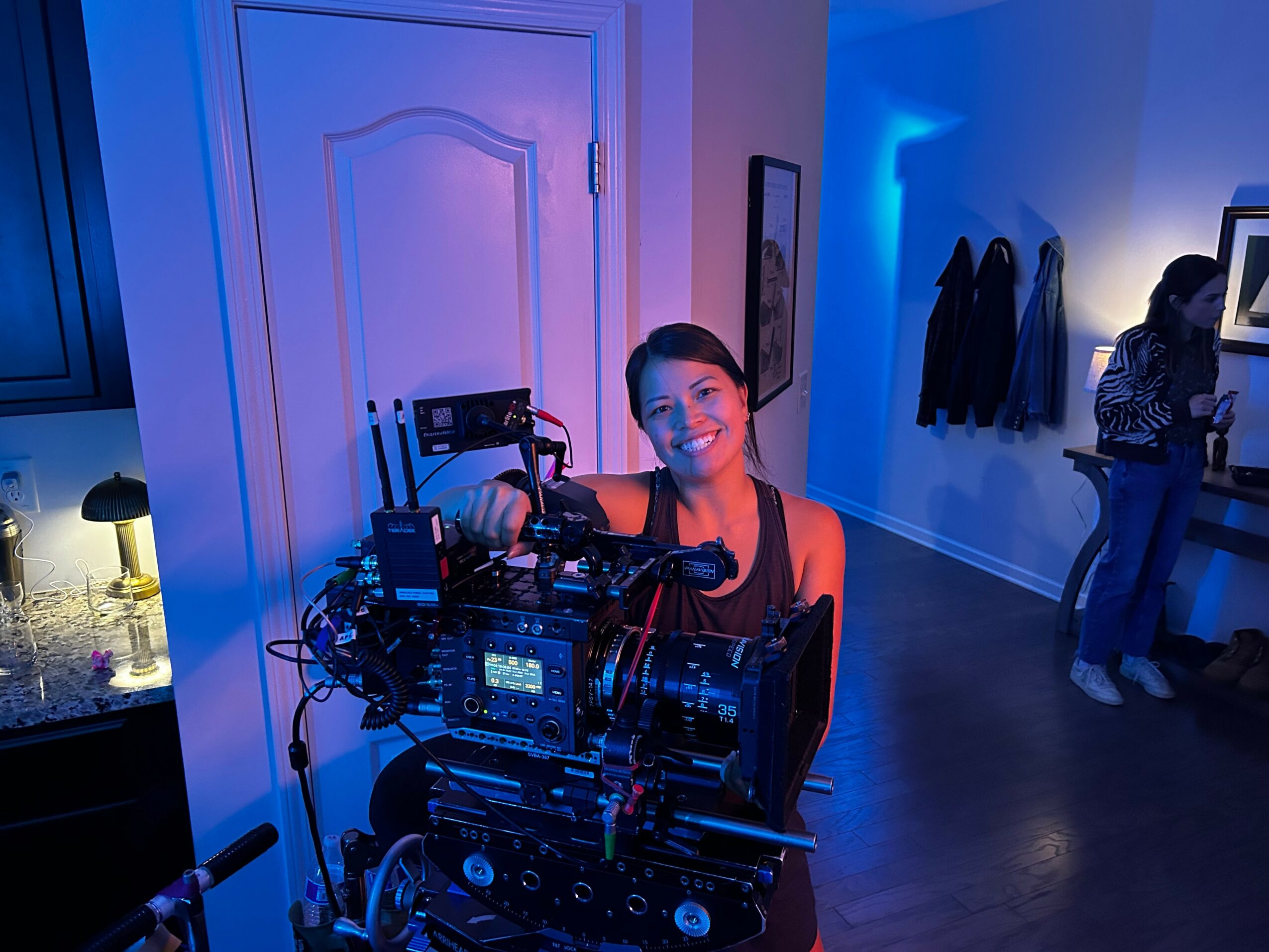
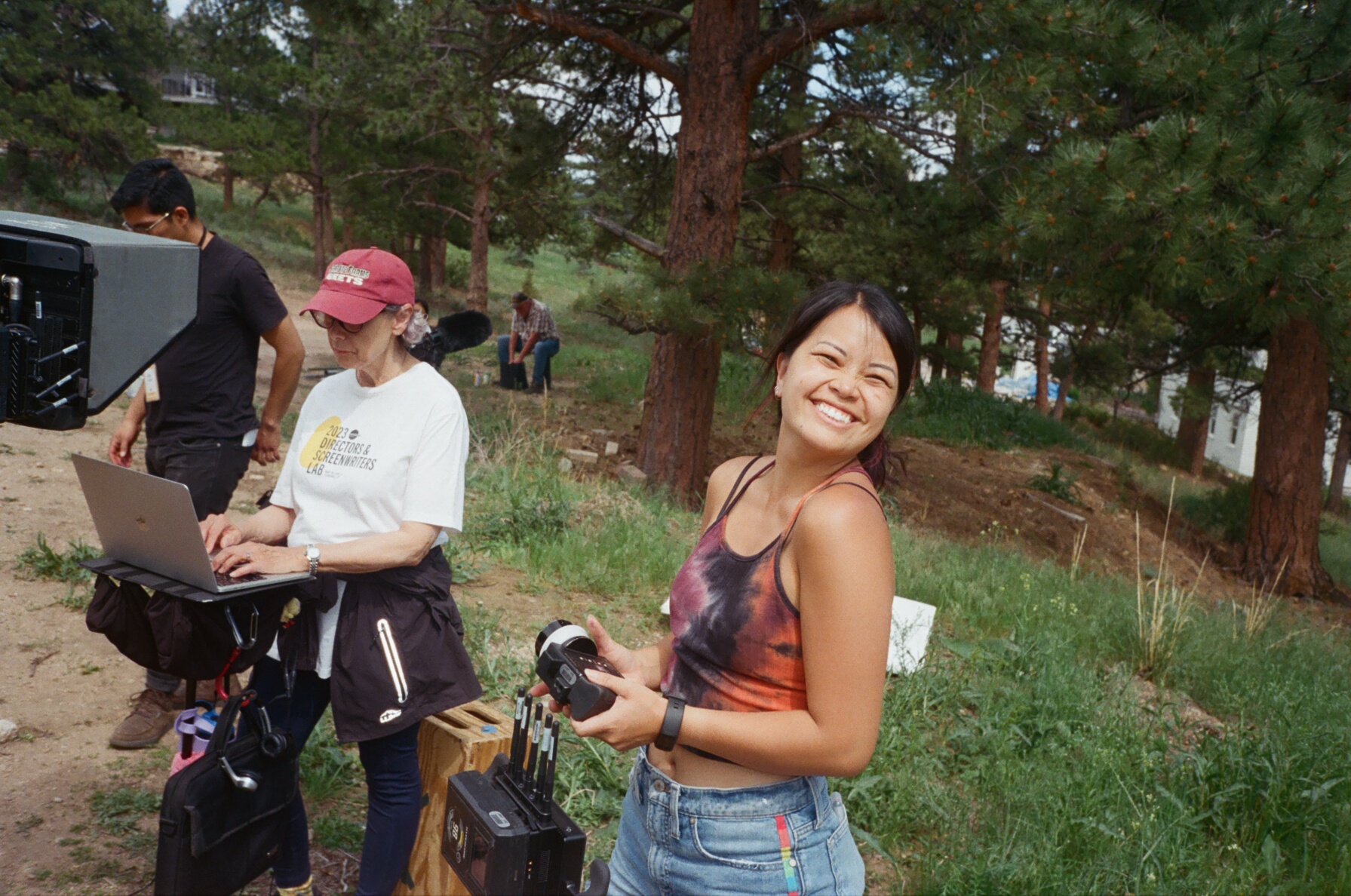
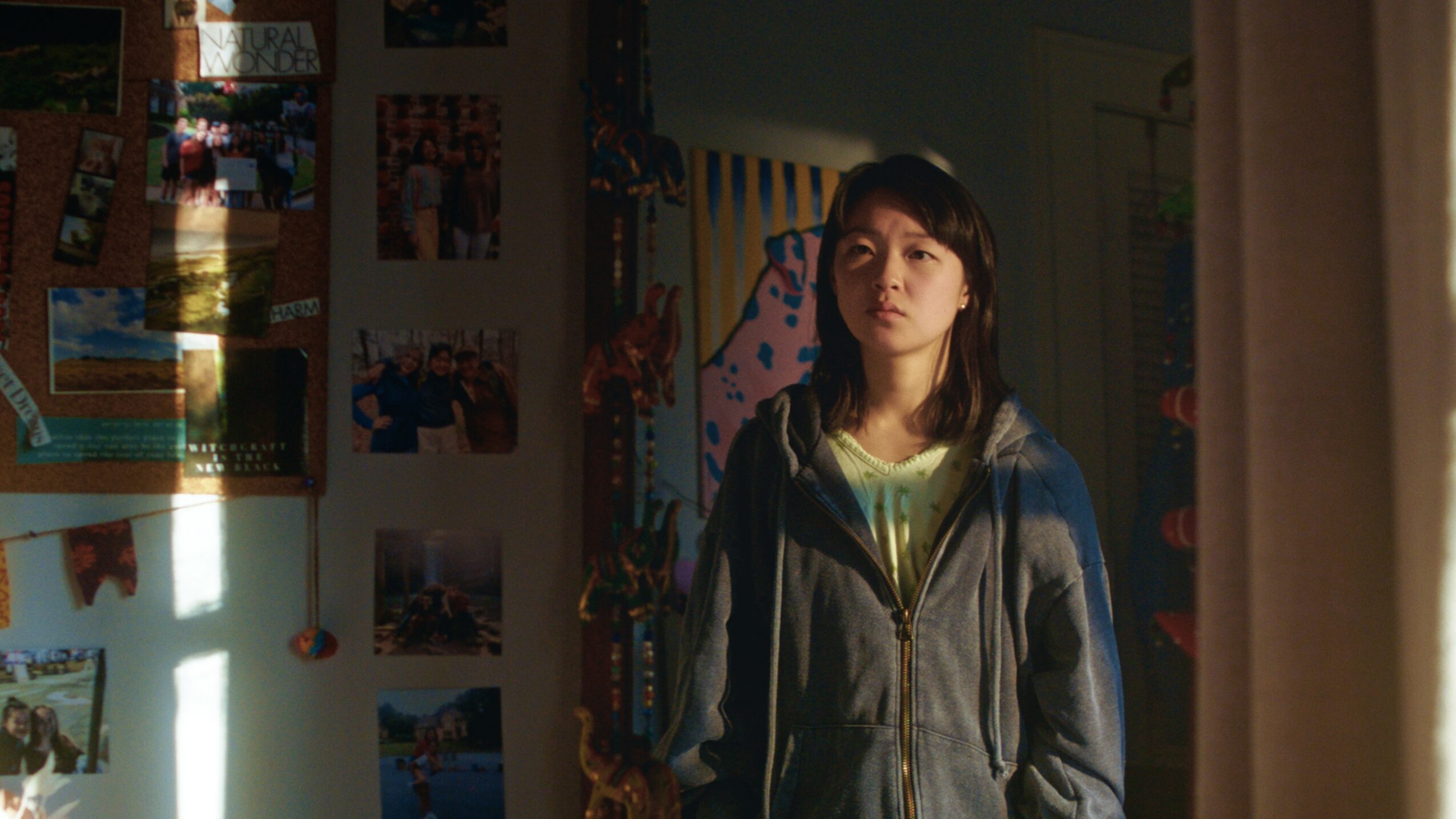
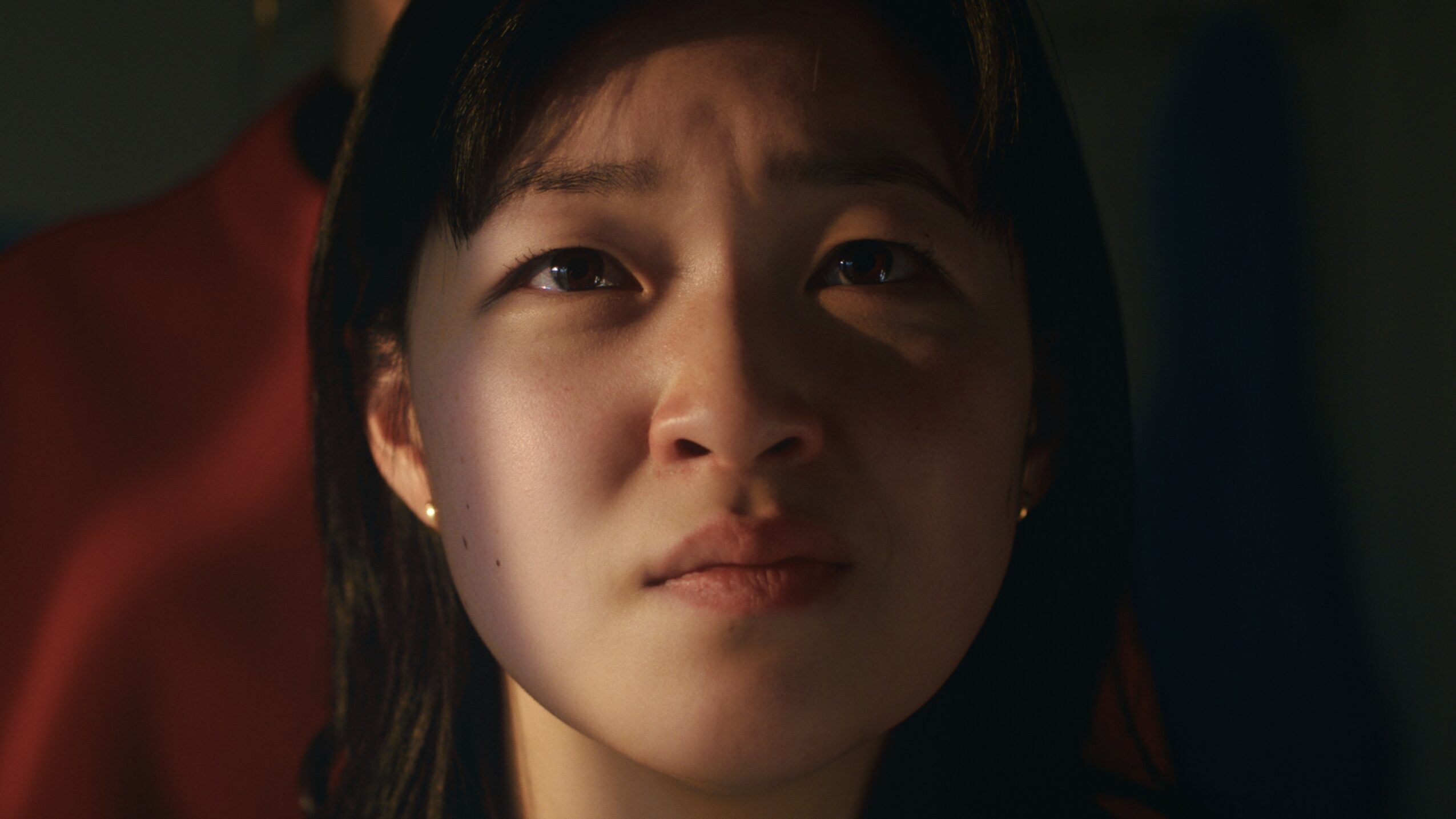
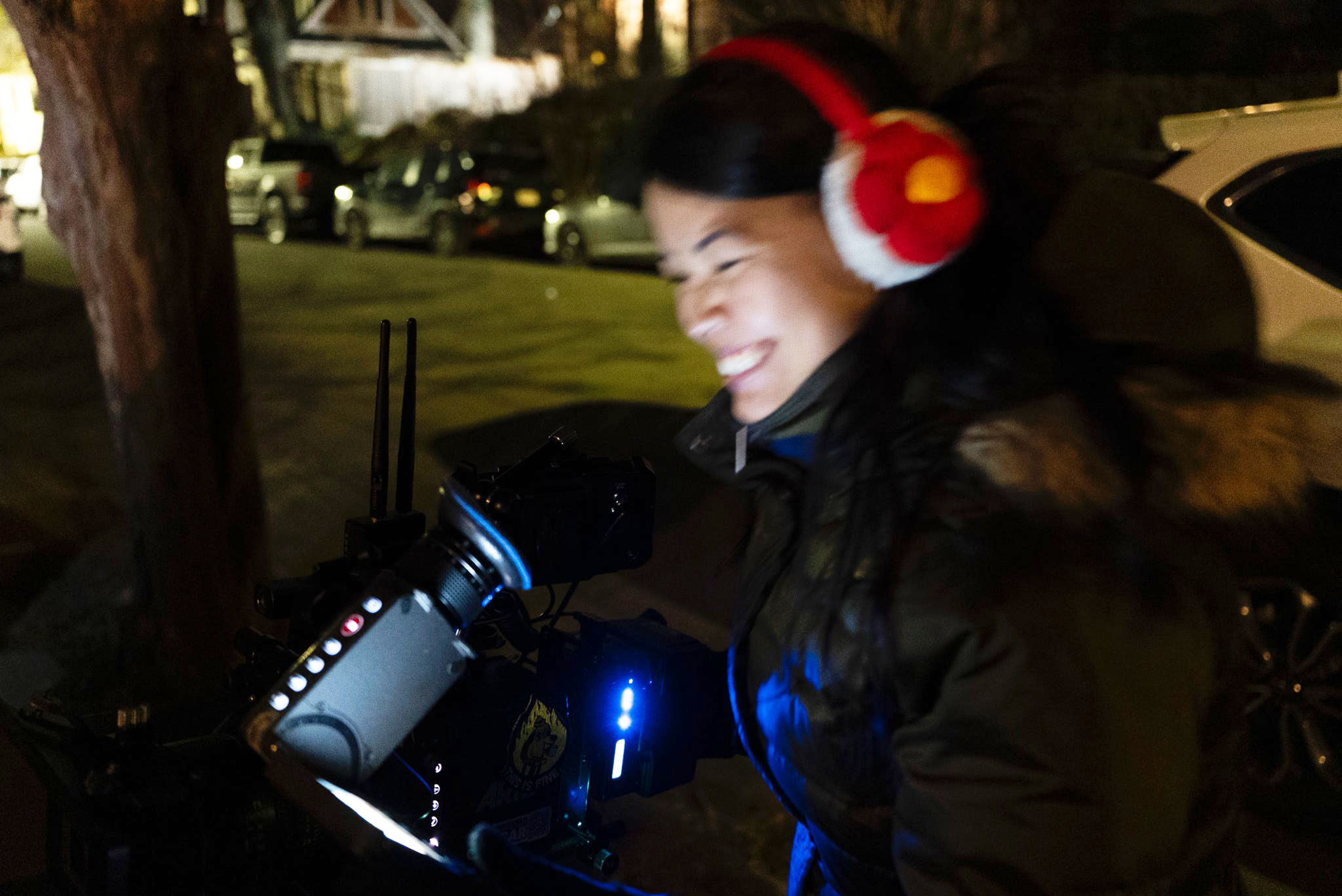
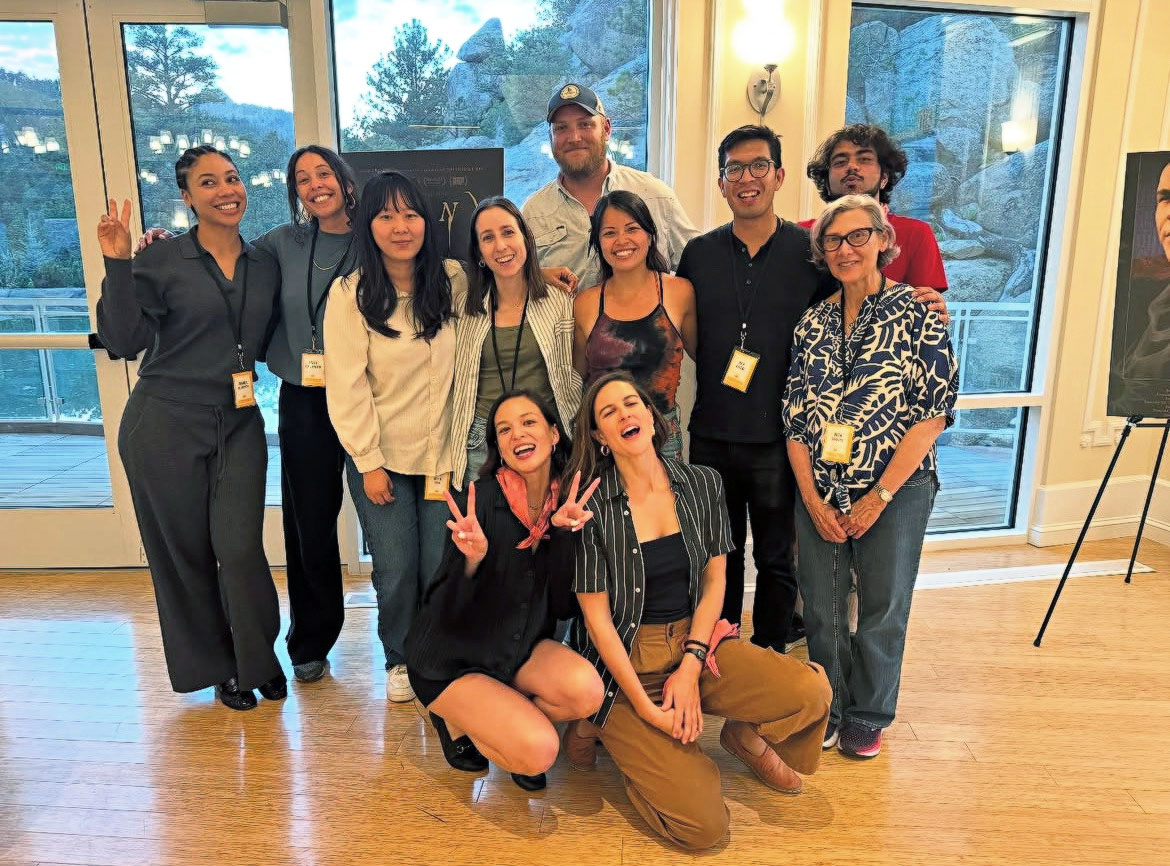
Image Credits
Carlos Cuervo, Bianka Gomez, Alex Qin, Ilyse McKimmie,













